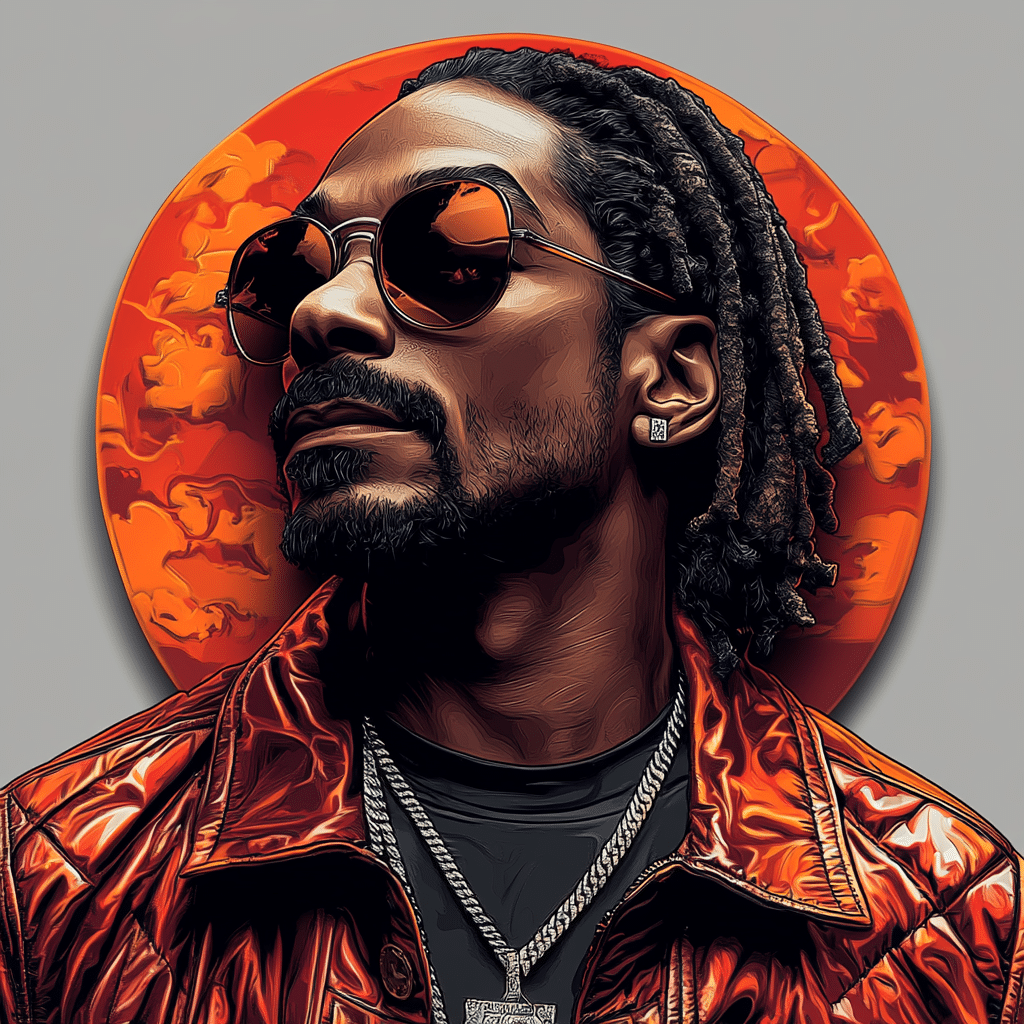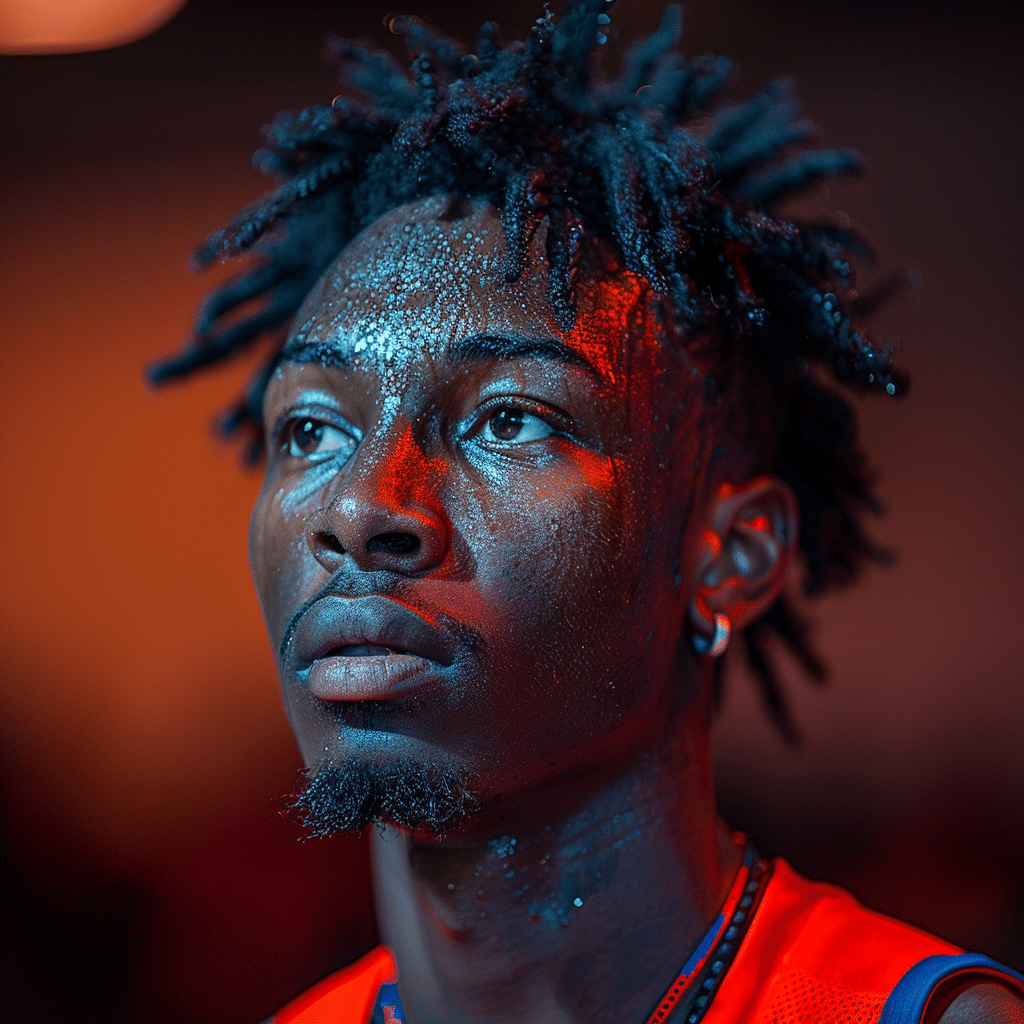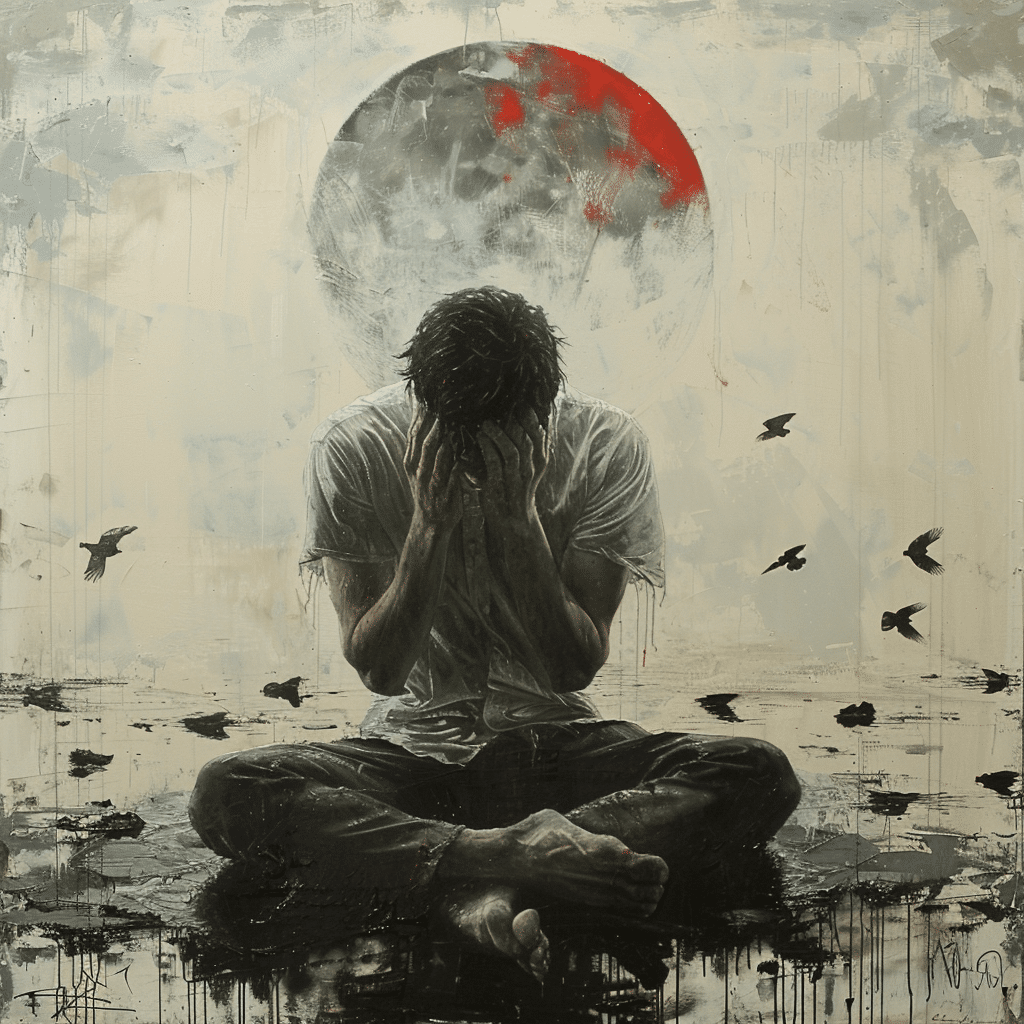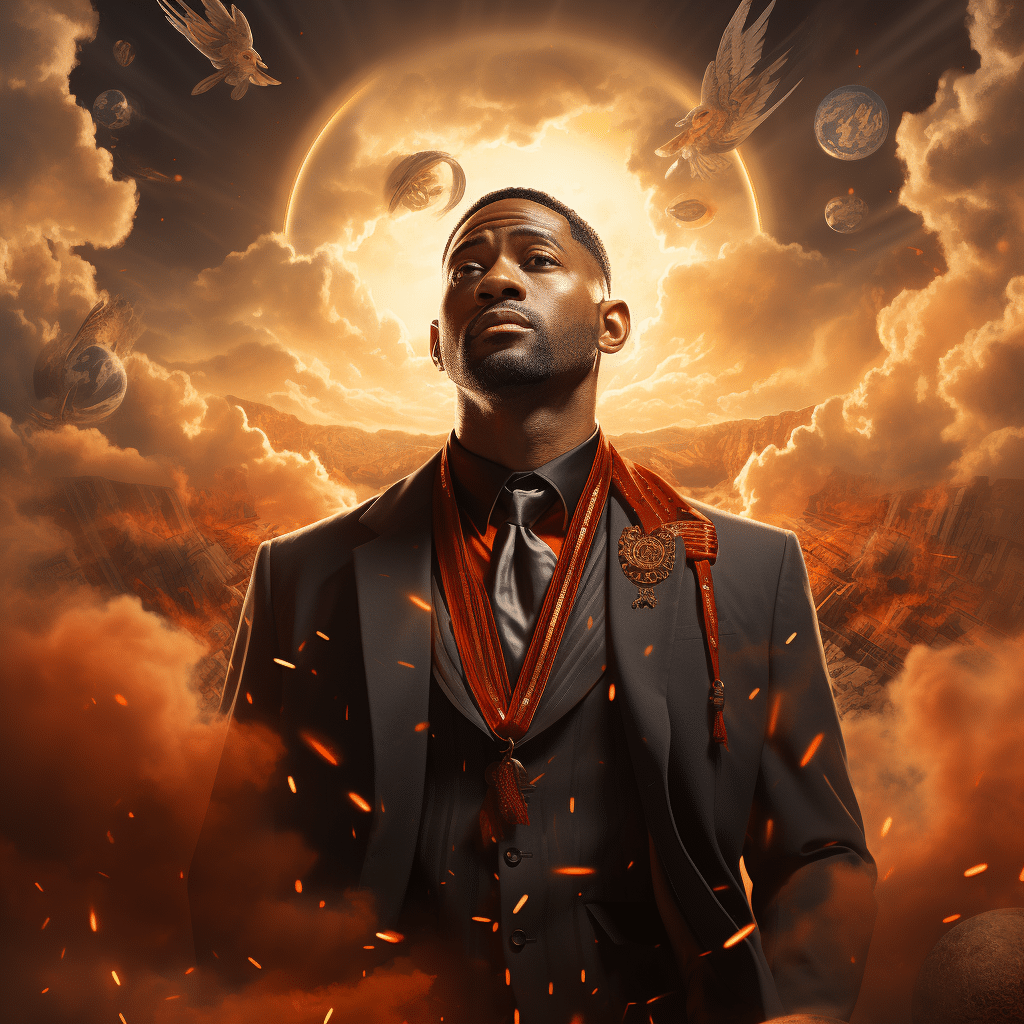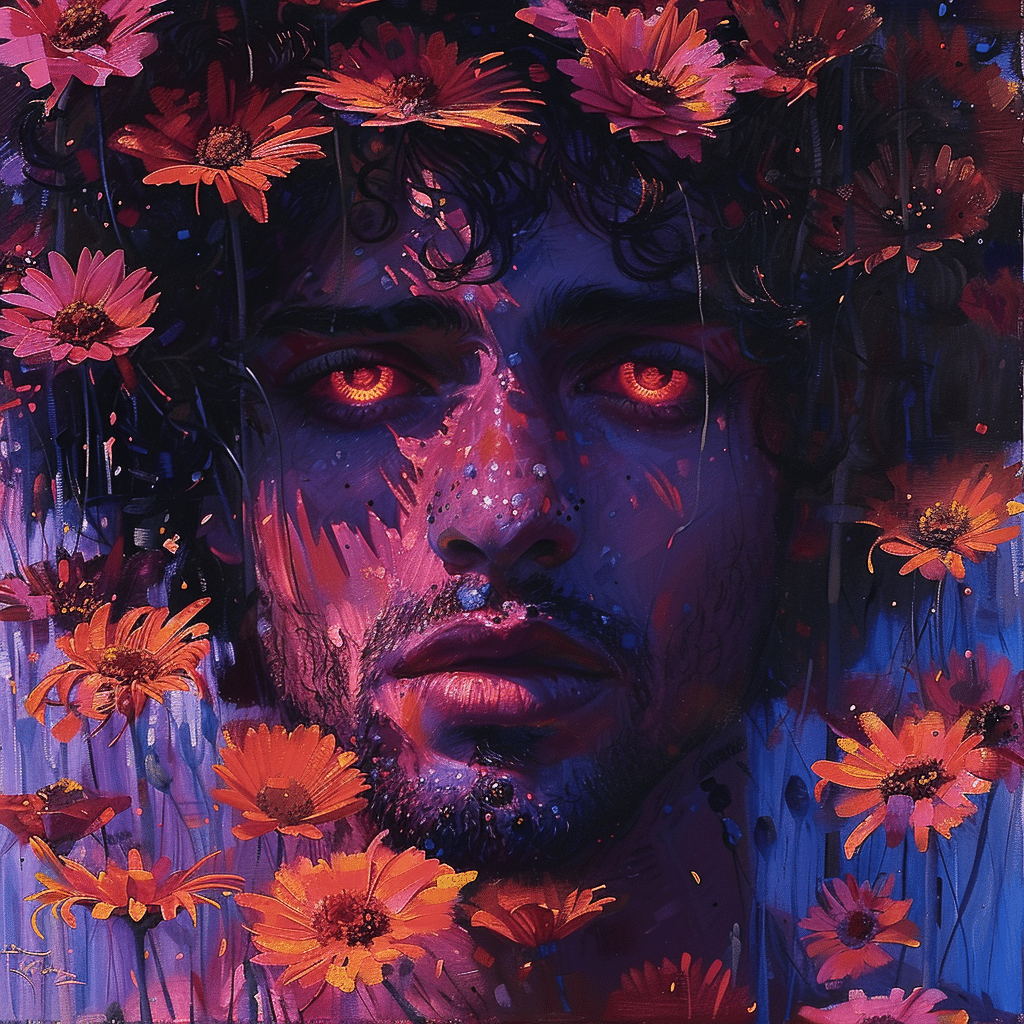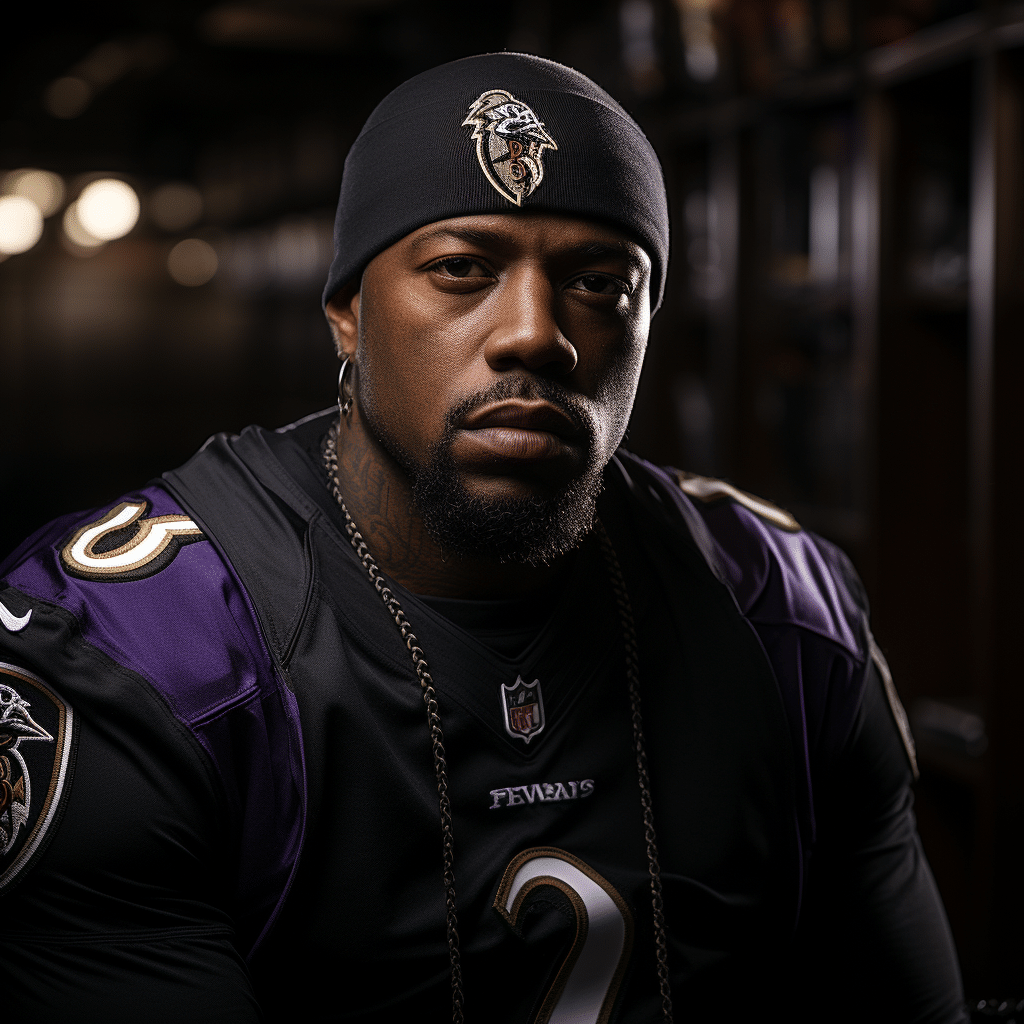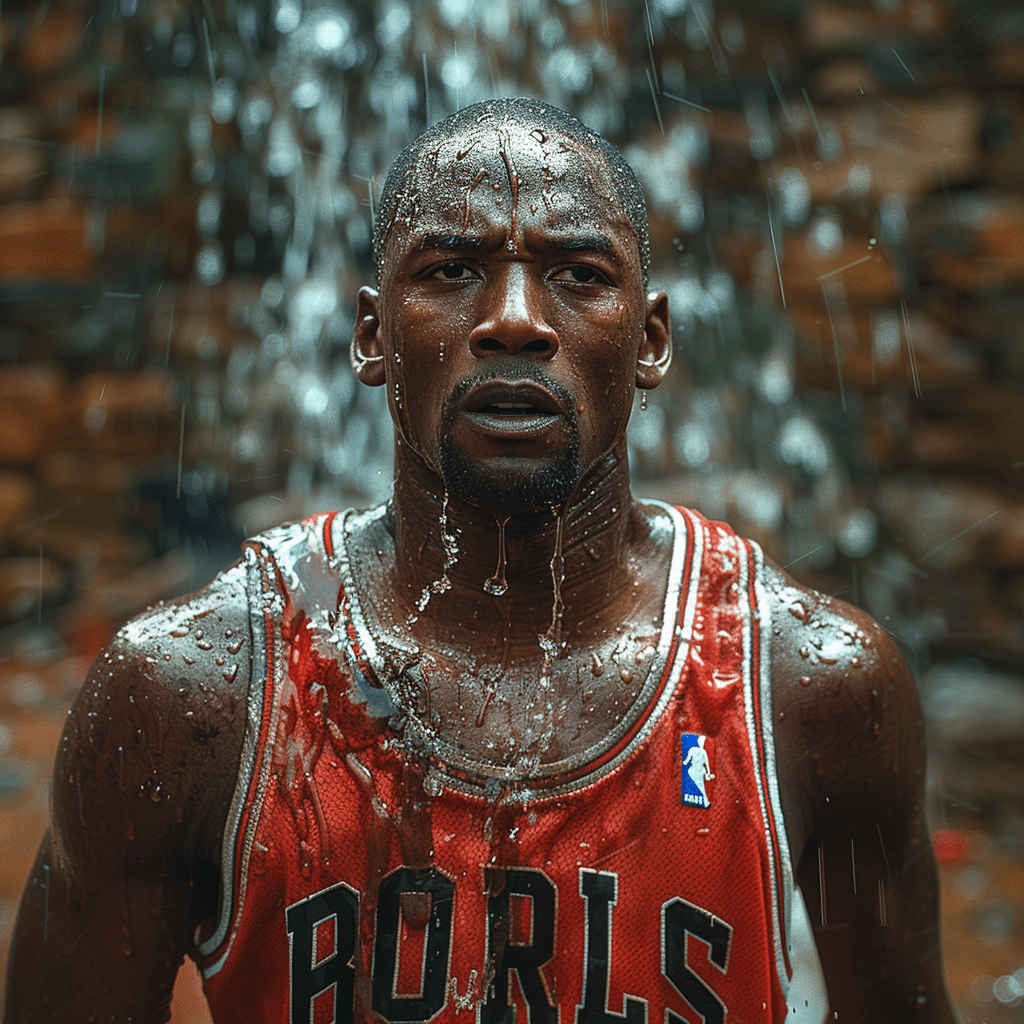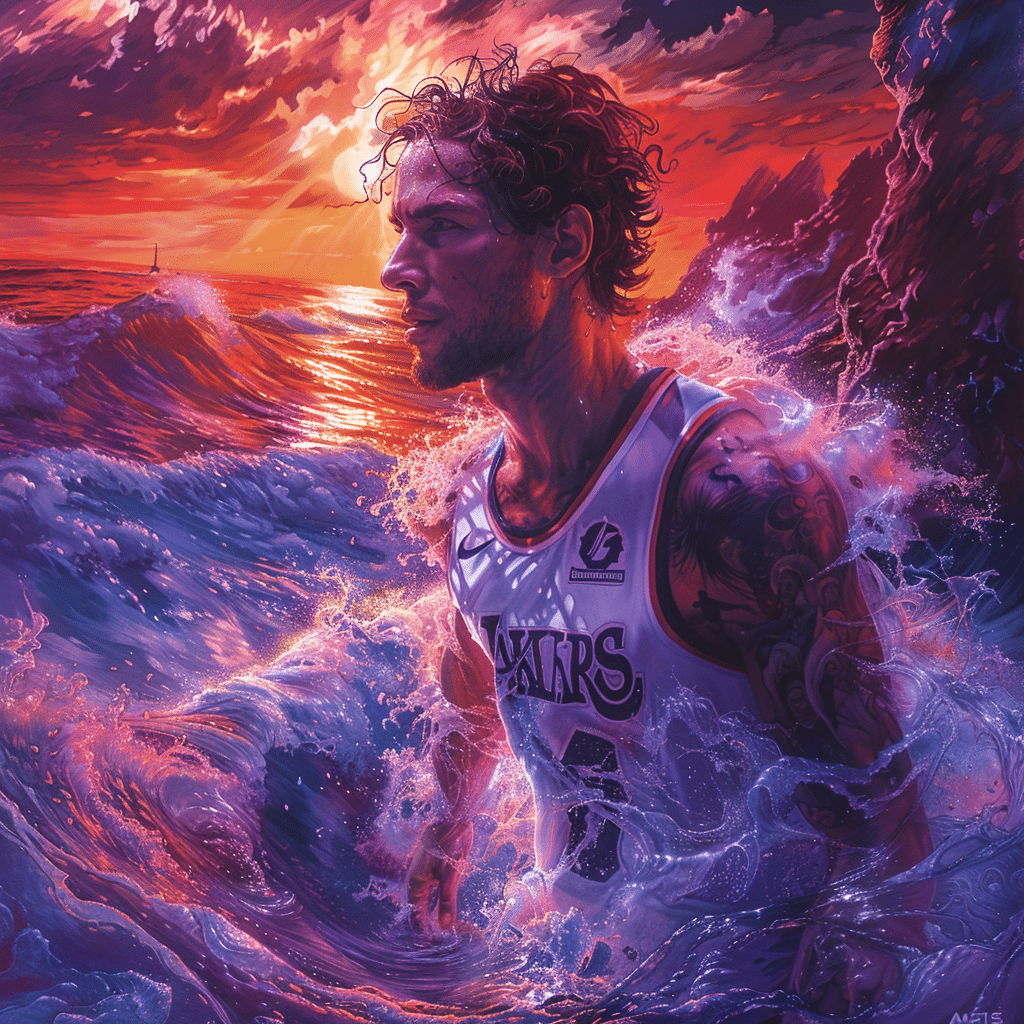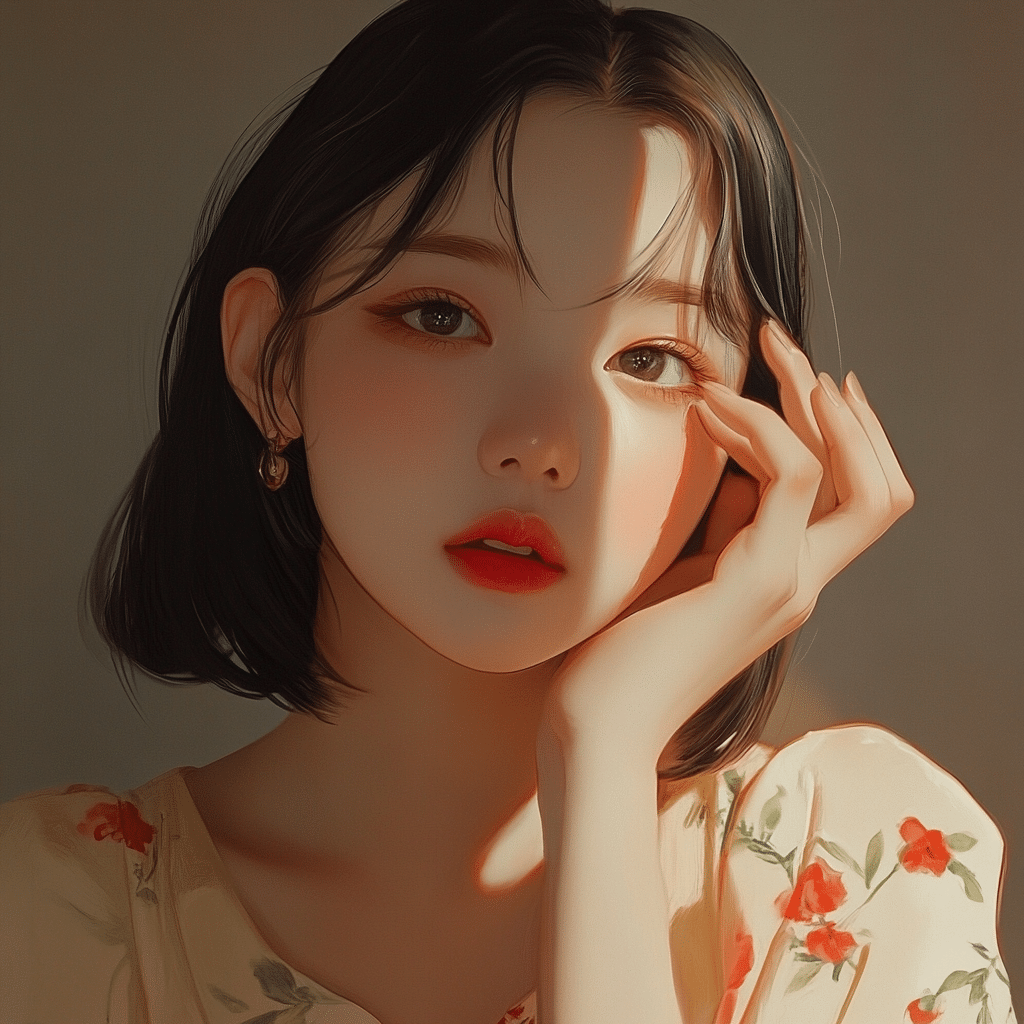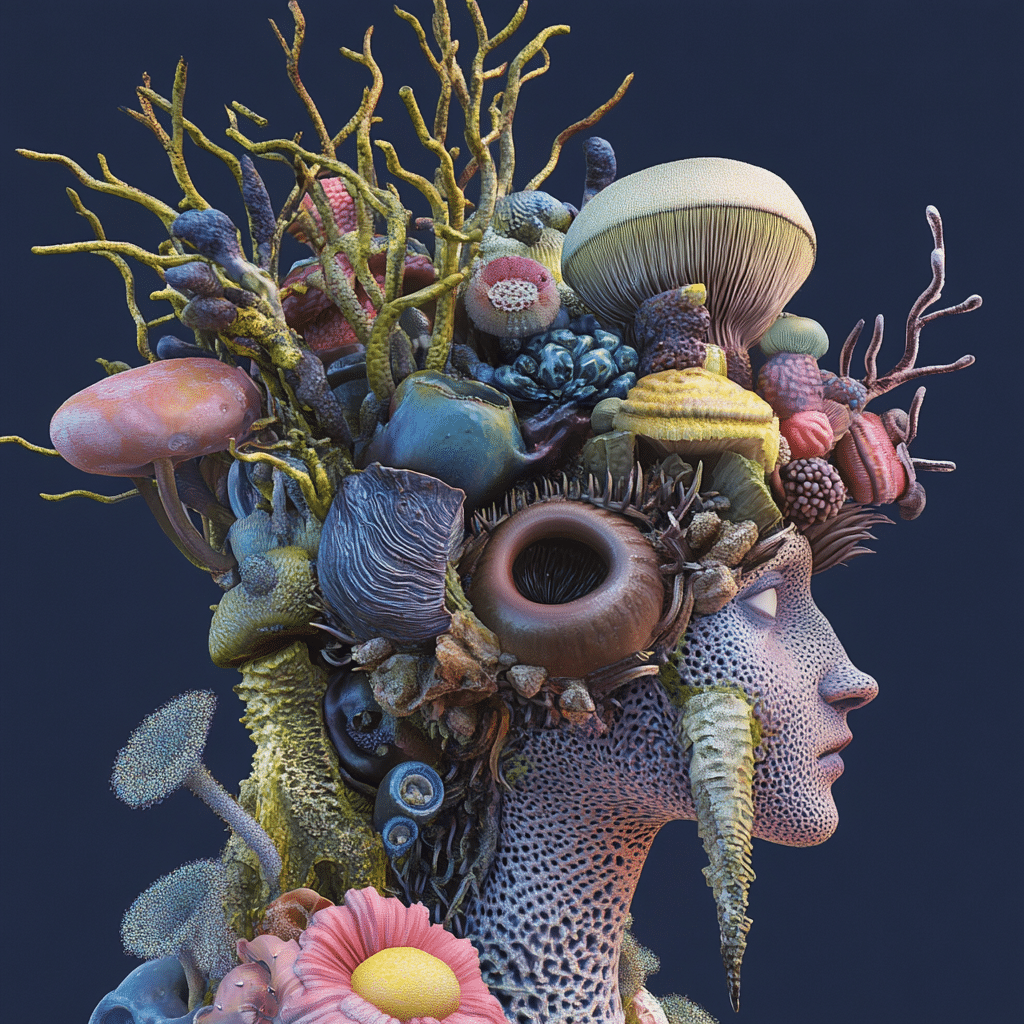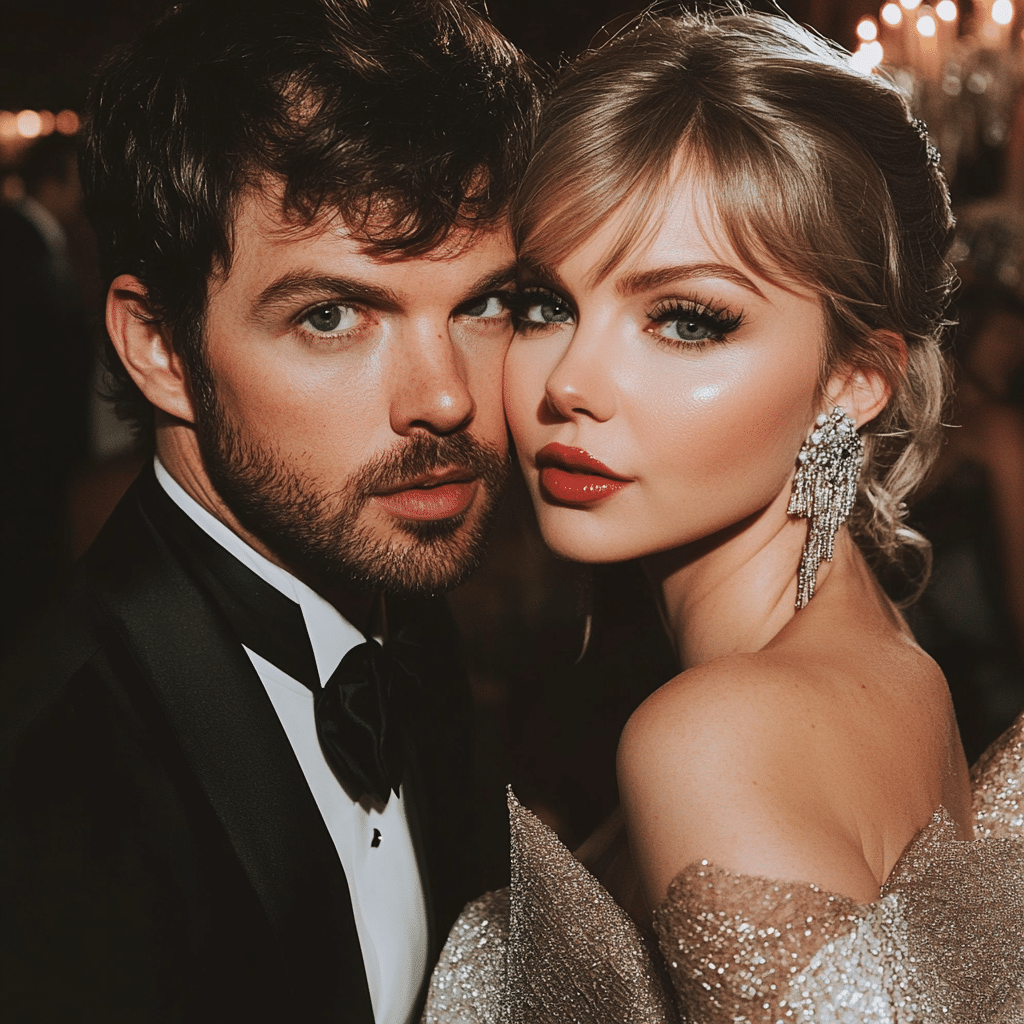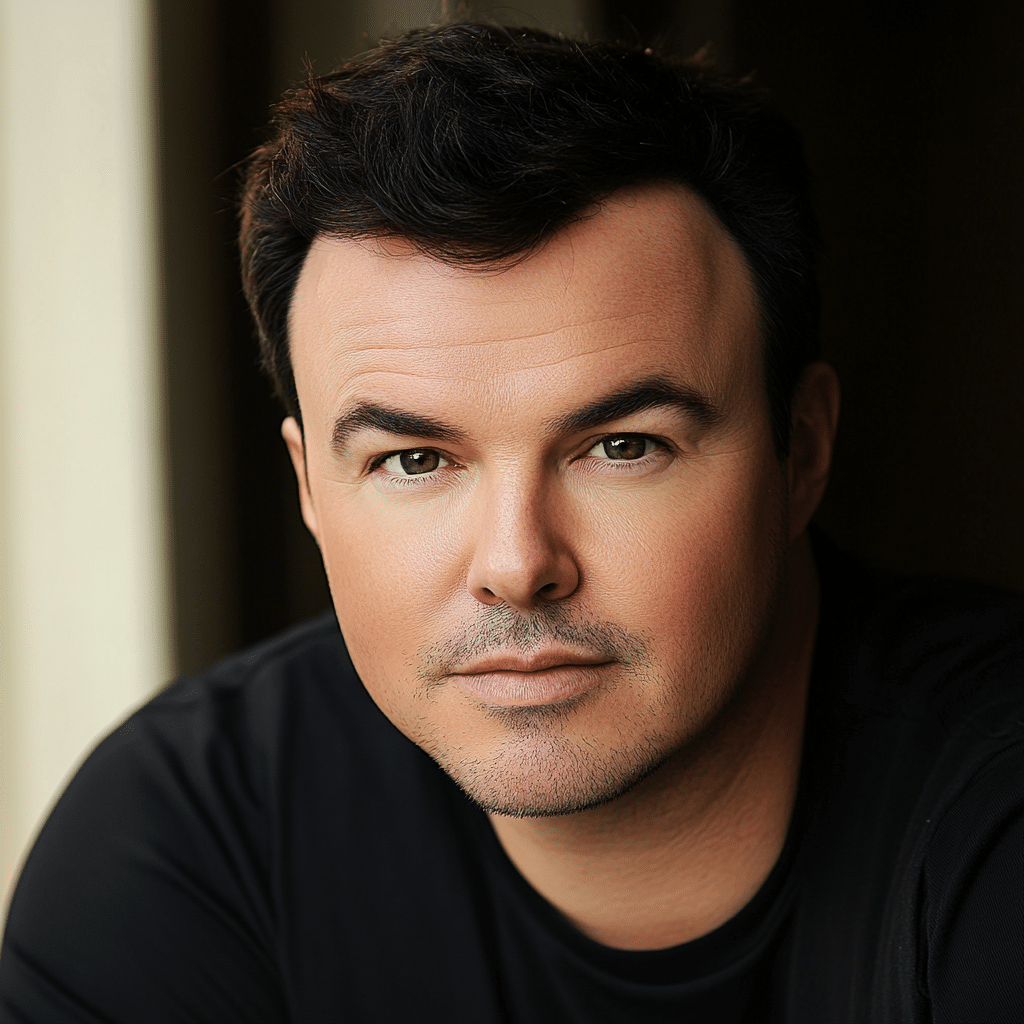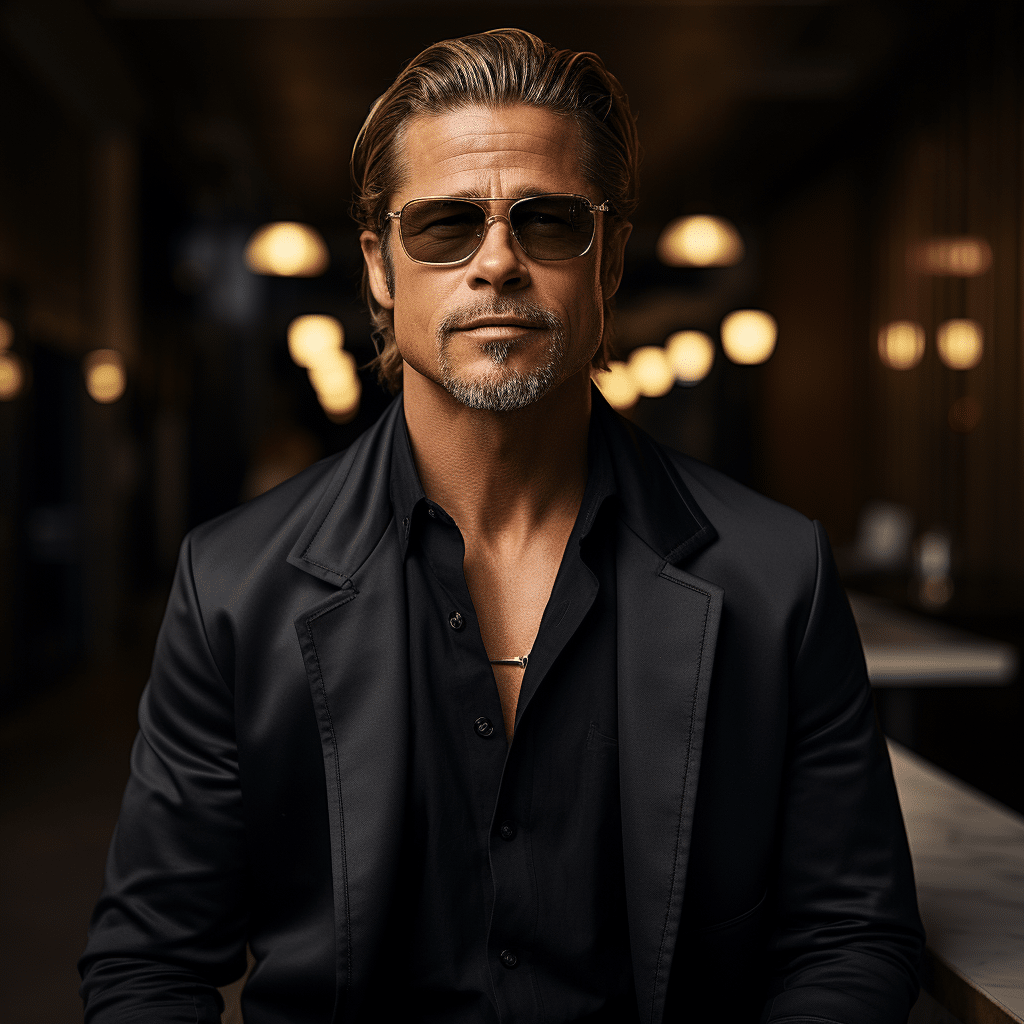If you’re remotely into basketball, you’ve got to know about Allen Iverson, right? This dude isn’t just a player; he’s a cultural icon who changed the game in ways both on and off the court. Known simply as “AI,” Iverson is recognized not only for his killer crossover and scoreboard-shattering antics but also for the ripples he created in culture. From hip-hop fashion to fierce individuality, understanding Iverson is essential for any modern man who appreciates the world of sports and its intersections with lifestyle and identity.
With every dribble, Iverson told a story. He wasn’t just scoring points; he was redefining what it meant to be a guard in the NBA. His lightning speed and agility shattered conventions, making him a nightmare for defenders. No wonder he was the first great athlete to be tightly associated with the hip-hop movement. His influence continues to be felt today, with players like Stephen Curry and Kyrie Irving embracing that same fearless attitude. And let’s be real, in a world where style matters almost as much as skill, Iverson stood tall—much like the yew tree his name embodies.
So, let’s dive deeper into why Iverson is both loved and hotly debated among fans and analysts alike.
1. Understanding Allen Iverson’s Impact on Basketball Culture
Allen Iverson didn’t just play basketball; he revolutionized its culture. The guy was a spectacle. Everyone tuned in not only to see him score but also to catch a glimpse of his distinctive swag—his tattoos, the cornrows, and that killer smile. Iverson’s style wasn’t merely aesthetic; it was a profound statement about identity and freedom in an era when athletes were often seen and not heard. He melted boundaries like butter on a hot pan.
When Iverson scored, he did it with flair. Remember his signature crossover? He made defenders look silly, not just through skill but with attitude. Every time he stepped on that court, it was a performance. There’s something magical about a player who can turn a basketball game into a runway show, and Iverson did just that. Because of him, basketball became a part of street culture, and his influence remains strong.
Today, can you imagine NBA players without their personal flair? That’s thanks in large part to Iverson. He served as a conduit for self-expression, showing players that they could be themselves without toning it down for suits and ties.
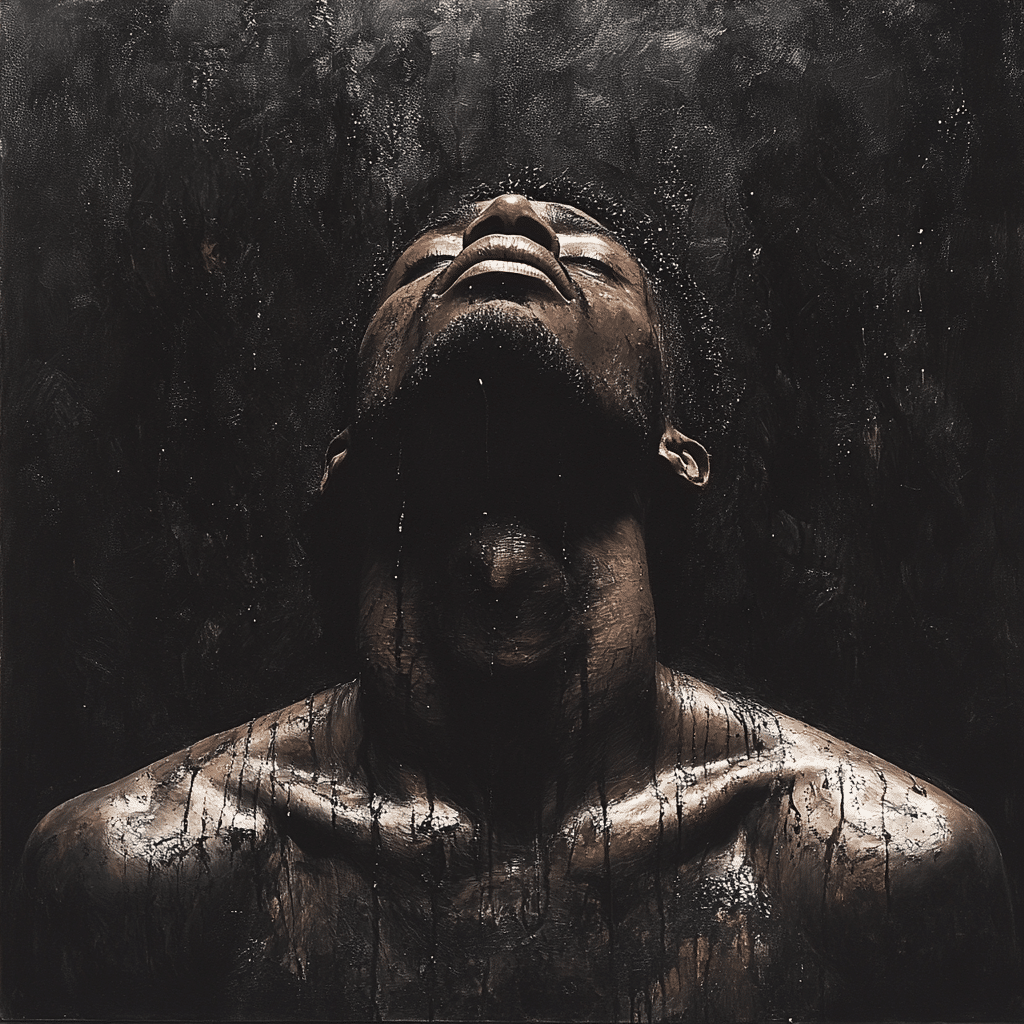
2. Top 7 Reasons Allen Iverson is Both Loved and Disputed
2.1. Iconic Playing Style
Let’s talk about how Iverson played—the man was a magician with the ball. His crossover dribble and penchant for driving through defenses were not just fun to watch; they were game-changers. This wasn’t your standard drive and dunk; he could switch up his game faster than you can say “34 points.” Averaging over 26 points per game, he made everyone sit up in their seats. But, hold on; this raised eyebrows regarding his sustainability in a league known for its physical demands.
2.2. Challenging Conventions of Game Day Attire
Ah, the infamous dress code introduced by the NBA. Remember when players were expected to show up in suits? Iverson was like, “Not today!” He rocked baggy jeans, flashy chains, and oversized tees. Love him or hate him, he opened the door for players to express their personalities off the court. This change wasn’t just about clothing; it represented a broader conversation on personal expression versus professional expectations.
2.3. The ‘Practice’ Controversy
Iverson’s rant about practice became an instant classic. You know the one: “We’re talking about practice?” This wasn’t just him throwing shade; it highlighted a major issue about how athletes were portrayed in the media. Some fans seized this moment to question his commitment, but others understood he was pushing back against the media’s sensationalism. It’s a reminder that there’s more than meets the eye and raised discussions about media narratives in sports.
2.4. Influence on Future Generations
Iverson’s impact didn’t just end when he left the court. He left a legacy that younger players still strive to emulate today. Think about it—stars like Stephen Curry and Kyrie Irving have taken cues from Iverson’s game, adopting his daring mentality and individual style. When you see a player going for that killer three-point shot with confidence, you can almost hear AI saying, “Go for it!”
2.5. Balancing Personal Struggles and Professional Success
Despite his electrifying career, Iverson faced his share of struggles, which only adds depth to his story. From legal issues to family challenges and even battles with gambling, Iverson’s off-the-court life was a whirlwind. Sure, these controversies sometimes overshadowed his career, but they made him relatable; he wasn’t just a superstar. He was a person who went through ups and downs, just like any of us.
2.6. His Role in Philadelphia 76ers’ Legacy
Iverson is synonymous with the Philadelphia 76ers. Leading the team to the NBA Finals in 2001 wasn’t just about stats; it showed his ability to elevate not just his gameplay but his teammates as well. His electrifying presence turned the franchise around and created an unbreakable bond with the city. Fans took pride in wearing his jersey, and that connection made AI an integral part of the city’s sports history.
2.7. Hall of Fame Induction and Beyond
Iverson didn’t just say goodbye to basketball; he was inducted into the Naismith Memorial Basketball Hall of Fame in 2016. This honor sparked never-ending debates among fans and analysts about where he ranked among NBA greats. Regardless of the talk, one thing is clear—his style, both in and out of the game, continues to provoke heated discussions. AI is more than just a name on a plaque; he’s a conversation starter.
3. The Complexity of Iverson’s Legacy
Analyzing Iverson’s legacy isn’t as straightforward as one might think. Sure, he had his controversies and struggles, but he also changed the dialogue around player expression and identity in the sport. Critics often focus on those scandals, failing to recognize how he championed individuality. His influence went beyond just playing; it’s a reflection of how culture and identity intertwine within sports.
Understanding Iverson provides a lens to see how athletes can embody larger cultural narratives. He was the bridge between sport and lifestyle, illuminating the complexities that these figures navigate. There’s more to the Iverson story than scoring; it’s a commentary on how sports can reflect society, challenging us to think deeply about what makes someone a true legend.
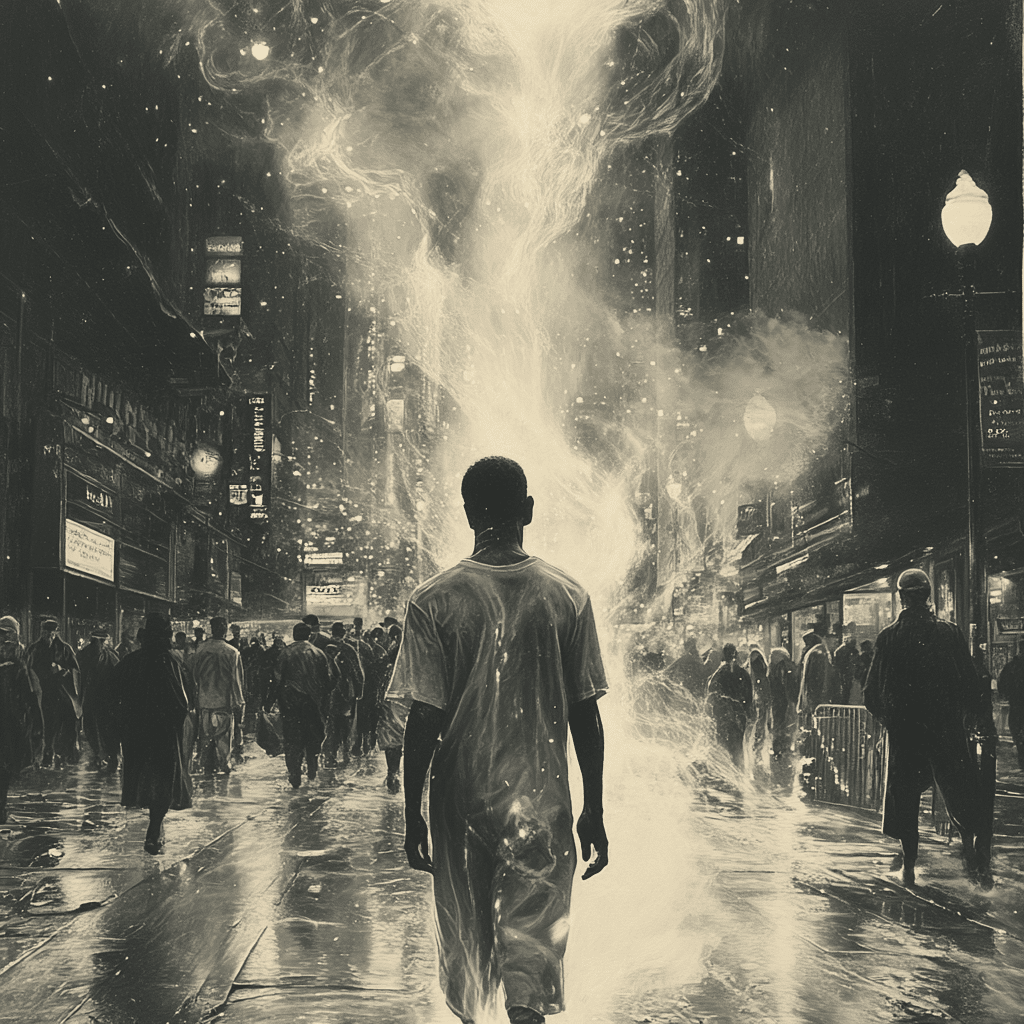
4. Final Thoughts on Iverson’s Enduring Influence
At the end of the day, Allen Iverson will always be one of basketball’s most riveting figures. His mix of athletic prowess, rebellion, and cultural artistry created a multifaceted legacy. He didn’t just break the mold; he threw it out the window—inviting future generations to do the same. The conversations surrounding his character, style, and contributions continue to resonate today.
Understanding Iverson isn’t just crucial for appreciating his talent; it’s essential for grasping how athletes can morph into symbols of cultural change. Sure, he’s controversial, but that makes him all the more intriguing. In a world where athletes are often viewed as merely stats on a page, AI shows us the power they hold to challenge norms and forge paths for those who come after them.
Iverson: The Controversial Basketball Legend You Should Know
A Peek into Iverson’s Life and Impact
Allen Iverson, often hailed as one of the most iconic figures in basketball, stirs up plenty of conversations. Known for his signature cornrows and relentless playing style, Iverson’s influence extends beyond the court. For a hot minute, he and Kim Kardashian made headlines for their extraordinary encounters, showcasing how interconnected celebrity lives are in today’s culture. While some might focus on niche interests like mortgage rates NJ or the ever-standard “30-year fixed rate mortgage, Iverson’s allure lies in his raw talent and unapologetic authenticity, which many still talk about today.
More Than Just a Basketball Player
Iverson’s impact isn’t limited to basketball; he transcended sports, redefining what it means to be an athlete in the public eye. With a career full of highs and lows, his story resonates with many who relate to life’s ups and downs. He shares similarities with other public figures, like Jack Quaid, who are more than just their names—they’re people with stories. Speaking of stories, did you hear about the latest in the Hunger Games Prequel? The buzz around pop culture mirrors the intriguing narrative Iverson has woven throughout his life, proving that greatness often comes with a touch of controversy.
The Legacy Lives On
Despite the significant controversies, Iverson reshaped the NBA’s culture. His bold personality brought a raw edge that was previously absent. Any player who dares to break the mold can certainly inspire a legacy of their own. In the film world, for instance, the latest buzz surrounding Scalpel shows how creative storytelling can evoke strong emotions, just as basketball legends capture the hearts of sports fans. As Iverson’s journey unfolds, much like the suspense in the latest Hunger Games new movie, it leaves us wondering how much further he’ll impact future generations. Even if you aren’t a basketball fan, understanding Iverson’s journey through the lens of culture adds layers to his already vibrant legacy.
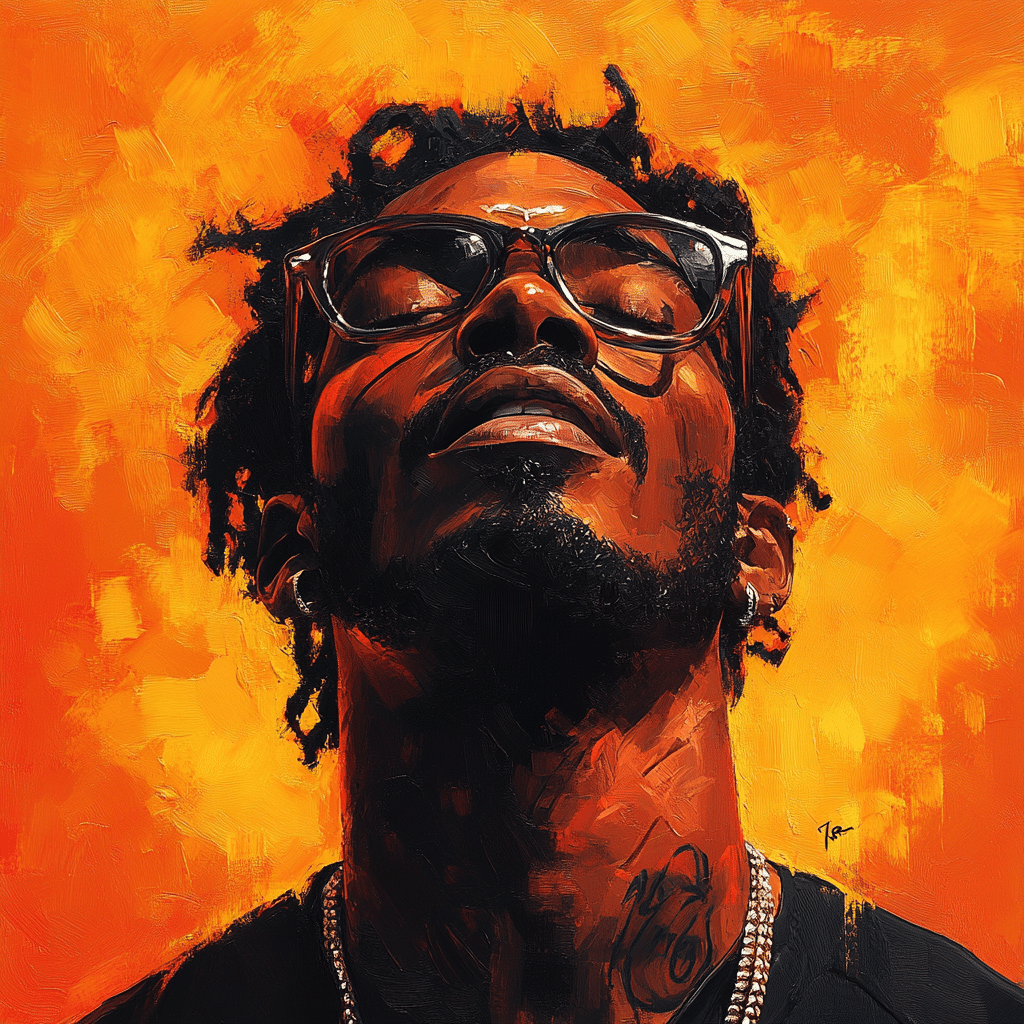
Why is Iverson famous?
Iverson’s famous for his incredible skills on the basketball court and his unique style that blended sports with hip-hop culture, making him a standout figure in both worlds. He was known for his crossover dribble, scoring ability, and as a cultural icon during his career.
What does Iverson stand for?
Iverson means “son of Iver,” with Iver being related to “yew tree,” “bow,” “army,” and “warrior.” This name choice can empower a child by reminding them of strength and resilience.
What is Iverson doing now?
Right now, Allen Iverson serves as the vice president of basketball at Reebok, working alongside Shaquille O’Neal in the brand’s basketball division. He’s still involved in basketball off the court.
How many rings does AI have?
Allen Iverson didn’t win any championship rings during his NBA career, despite his remarkable talent and numerous individual accolades.
Why did Allen Iverson quit NBA?
Allen Iverson stepped away from the NBA mainly due to his struggles with age, injuries, and the league’s changing landscape. He found it difficult to find a role that suited him on a team.
How high can Allen Iverson jump?
Iverson’s vertical leap was impressive, reportedly around 40 inches, allowing him to dunk despite not being the tallest player in the league.
Did Allen Iverson carry the ball?
There were instances during his career where Iverson faced criticism for carrying the ball, especially given his flashy style. Referees sometimes let things slide, but it sparked debates among fans.
What NBA player was known as the answer?
The NBA player known as “The Answer” is Allen Iverson himself, a nickname he embraced during his career for his ability to answer critics with his performance.
How much is Allen Iverson currently worth?
As of 2024, Allen Iverson’s net worth is estimated to be around $1 million, reflecting both his earnings from basketball and other ventures.
Does Iverson have kids?
Yes, Allen Iverson has five children, and he often shares his love for them publicly, showcasing his role as a father.
What is Micah Iverson doing now?
Micah Iverson, Allen’s son, is currently pursuing his own passion for basketball and sports, carving out his own path while being inspired by his dad’s legacy.
How rich is Vince Carter?
Vince Carter’s net worth is estimated to be around $110 million, mainly from his long NBA career and various endorsements.
Is Iverson still married?
Allen Iverson is no longer married; he and his ex-wife, Tawanna, finalized their divorce in 2013 but share a good relationship for the sake of their kids.
Does carmelo have a ring?
Carmelo Anthony does have an NBA championship ring, which he won with the Los Angeles Lakers in 2020.
When did AI come out?
Allen Iverson officially came into the spotlight as a star player when he was the first overall pick in the 1996 NBA Draft, making an immediate impact in the league.


